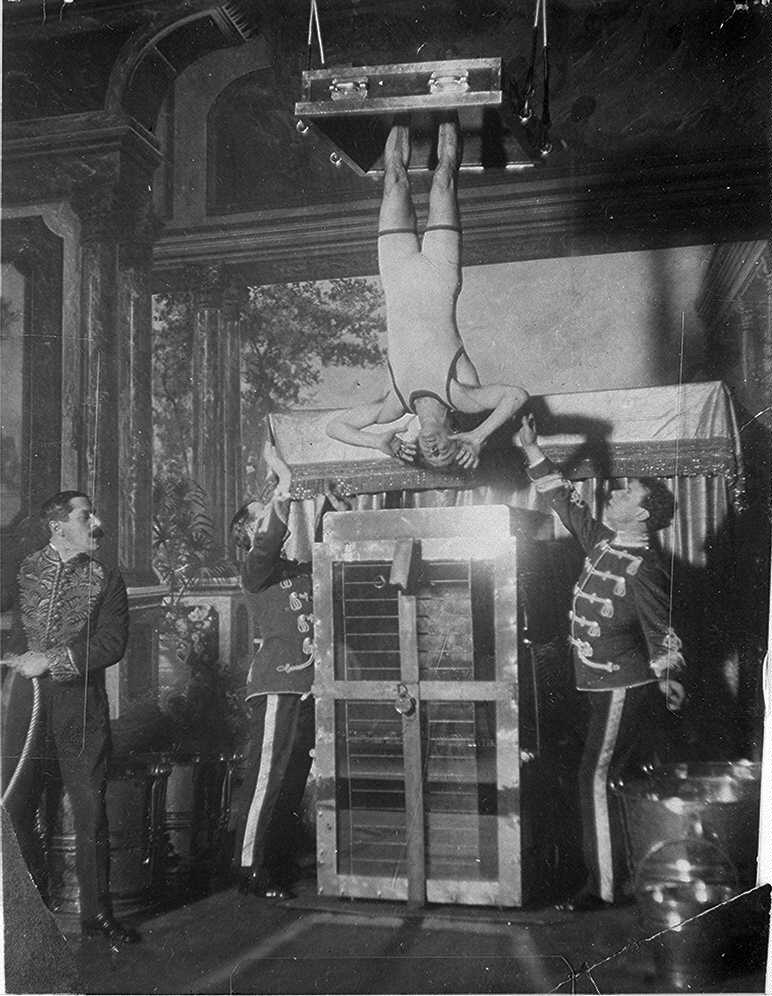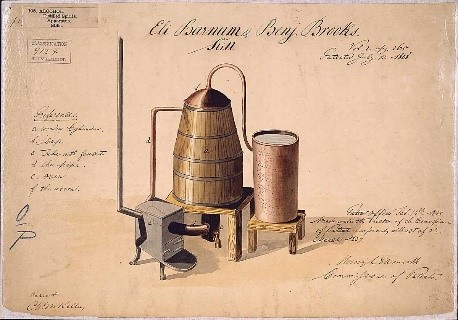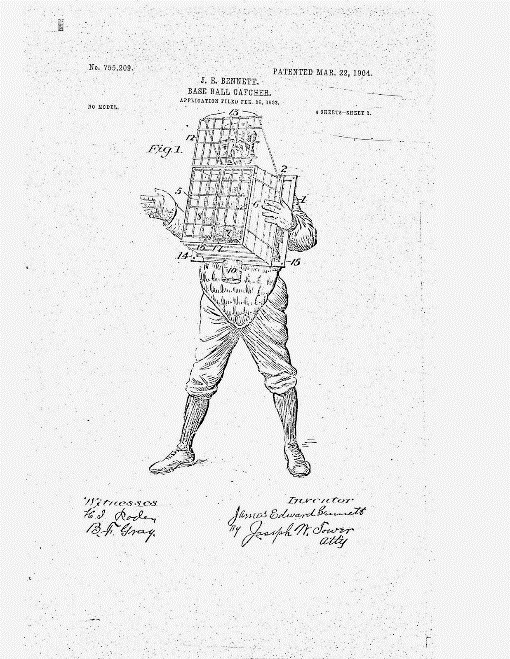
Was Harry Houdini’s Most Famous Trick Understanding IP Law?
Intellectual property (IP) law probably isn’t the first thing you think of when you think of Harry Houdini. One probably envisions dramatic performances involving straightjackets, water barrels, or sleight of hand illusions. However, Houdini’s greatest trick may have been leveraging IP to his personal advantage.
While many know of the magician for his impressive feats of escape, the Hungarian-born immigrant was also an avid inventor. Harry Houdini, born Erik Weitz, came of age during the Industrial Revolution. As a product of his time, Houdini had high esteem for feats of mechanical engineering. This, along with a few other incentives discussed later, led him to patent the machines he created for his magic performances.
He designed created new machines that would dazzle his audiences with exciting performances. Patenting his inventions served a few important functions for Houdini. But before describing those functions, let’s first explain how patents work and what they do.
Continue reading “Was Harry Houdini’s Most Famous Trick Understanding IP Law?”






